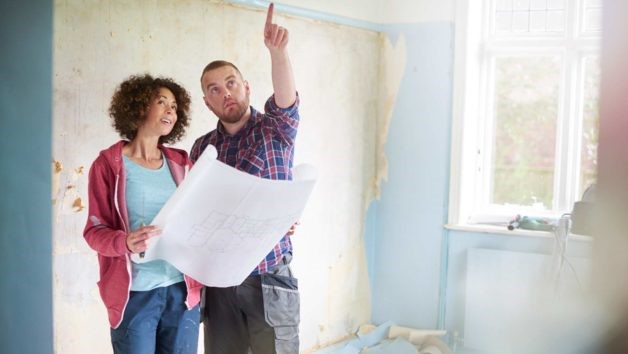Have to Move Quickly? Follow These Tips!

Sometimes things happen that are out of our control. Perhaps a change in employment is forcing a move that you weren’t expecting. Other times you might have known you were moving, but were so busy that you waited until the last minute to start preparing. Either way, it can seem overwhelming. Whether your move is unexpected or you are just an expert procrastinator, here are some tips to help you get through a last-minute move:
- Think Logically - A last minute move might make you feel paralyzed with anxiety over where to even start. There is so much to be done and the “to do list” can seem insurmountable. Don’t despair. The key word here is “list”. Take a deep breath, sit down with pen and paper and make a list of what you need to do. As you complete each task, simply cross it off the list. Before you know it, there will be more items crossed off than there are to do. The first step should be hiring a moving company or renting a moving truck (depending on whether you are using movers or doing it yourself). It can sometimes be challenging to find movers and/or trucks available last minute, so make sure to do this as soon as you know you are moving. There are tools you can use such as a moving company directory to help you find reputable companies in your area. Make sure to get two or three quotes, but then decide quickly. Once you have the logistics worked out, you can get on with the rest of the tasks on your list. Best Movers in Montgomery, AL
- Eliminate Items You Don’t Want or Need - Packing is quite a chore and the less you have to pack, the easier it will be. With a last-minute move, easy packing is all the more important. As you go through each room in your house, separate items you no longer want or need into three categories: donate, recycle, and throw away. Now is not the time for sentimentality. Don’t make the mistake of packing everything thinking you will sort through it after you move. Get this done before you go and you will have less to pack, which will make setting up your new home easier. Once you have your piles sorted get rid of them immediately. Donation Town is a great resource for finding places where you can donate items in your area.
- Create an Essentials Bag - Prior to packing, set aside an overnight bag and fill it with essential items that you can’t afford to misplace. Items such as medications, electronics chargers, important papers, toiletries and a couple of changes of clothes should go in this bag. This bag is especially important for a last-minute move where things might get a bit chaotic. You may also want to consider putting together a moving day survival kit. Moving Day Survival Kit
- Time to Pack - Packing in a hurry means there won’t be much time to think and organize. The important thing is to get everything into boxes so your possessions make it from your current home to your new home. Don’t worry about trying to pack only “like” items in each box. Put things where they fit. You can sort through everything once you’ve moved. Keep a marker handy to label the boxes in a general manner. For example, simply label which room a box should go to such as kitchen or bathroom. It’s ok if there are miscellaneous items that don’t belong in the room the box is labeled for, as you can put them where they belong later. Use towels, socks and blankets to wrap around breakable items. Save yourself time and boxes by packing clothes as they are. Use garbage bags to wrap around hanging clothes using the bag’s strings to tie around the hangers. Keep clothes in dresser drawers and wrap the drawers in packing materials to be moved as is.
- Don’t Be Afraid to Ask for Help - This is a big task you’re taking on, particularly since it must be done quickly. Family and friends can and will help if you ask. And with help, you will get the job done quicker, which is the goal in a last-minute move! To show your appreciation you can order a meal for your helpers while they are there.
Moving is stressful regardless of how much time you have, but when moving quickly, focus on the end goal…which is getting all your belongings to your new home as safely as possible.
If you are in the market to buy or sell a home, let Sandra Nickel and her hat team of Professionals assist you with all your real estate needs! Call them today at 334-834-1500!
Photo Credit: mercuryinsurance.com




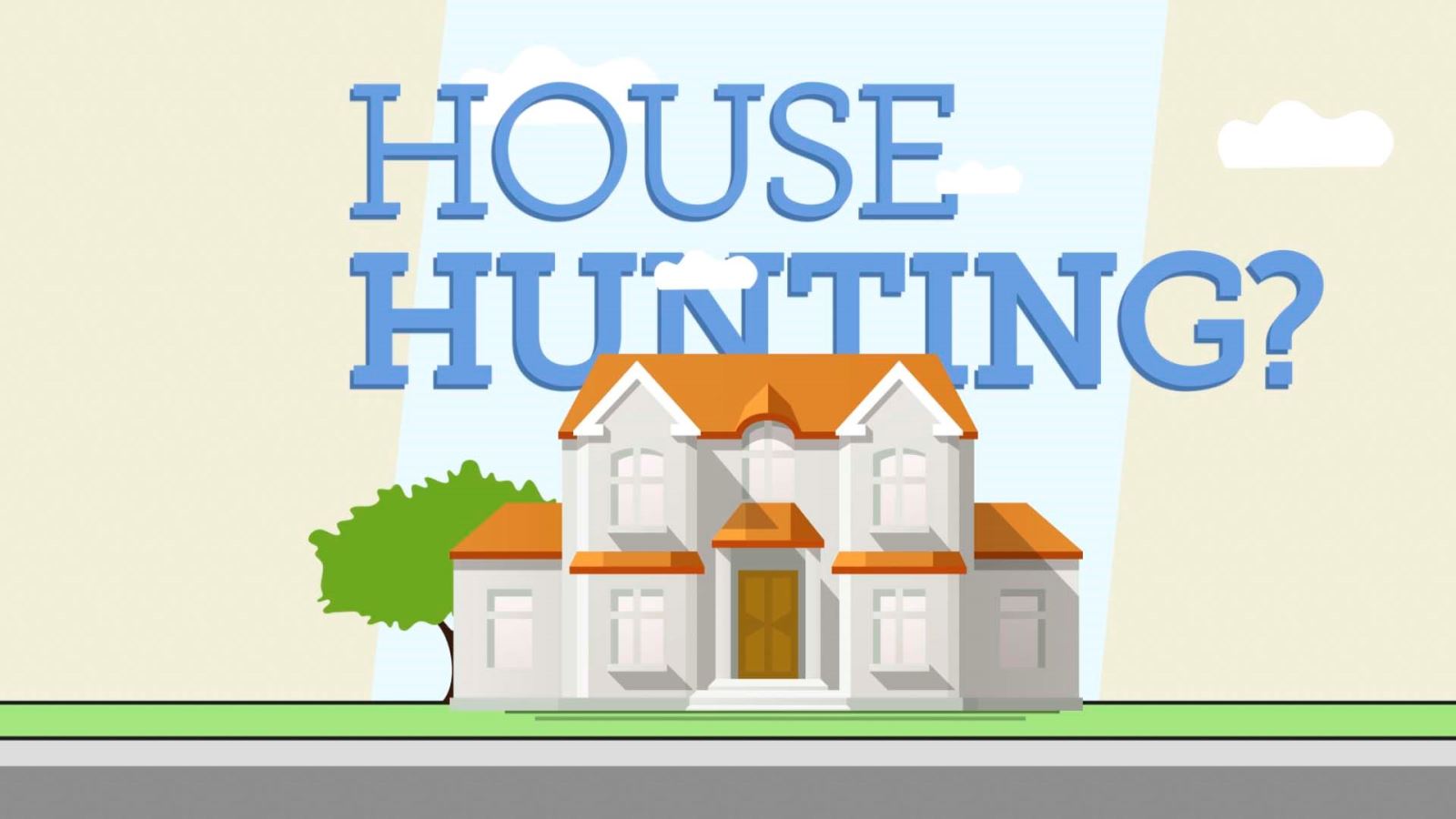
.jpg)
.jpg)
.jpg)
.jpg)
.jpg)
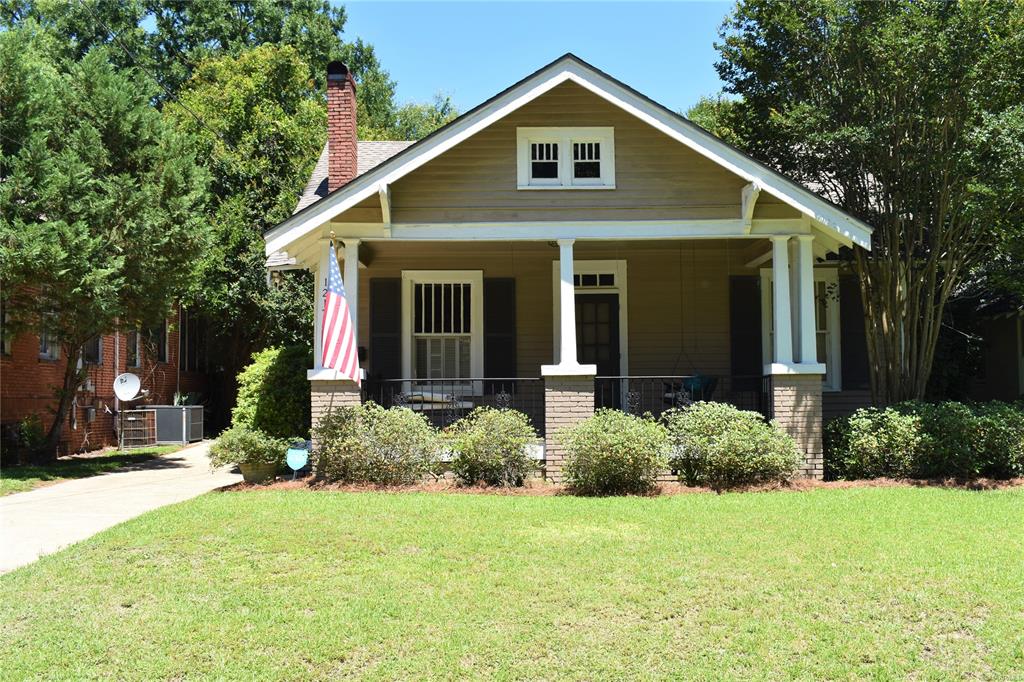
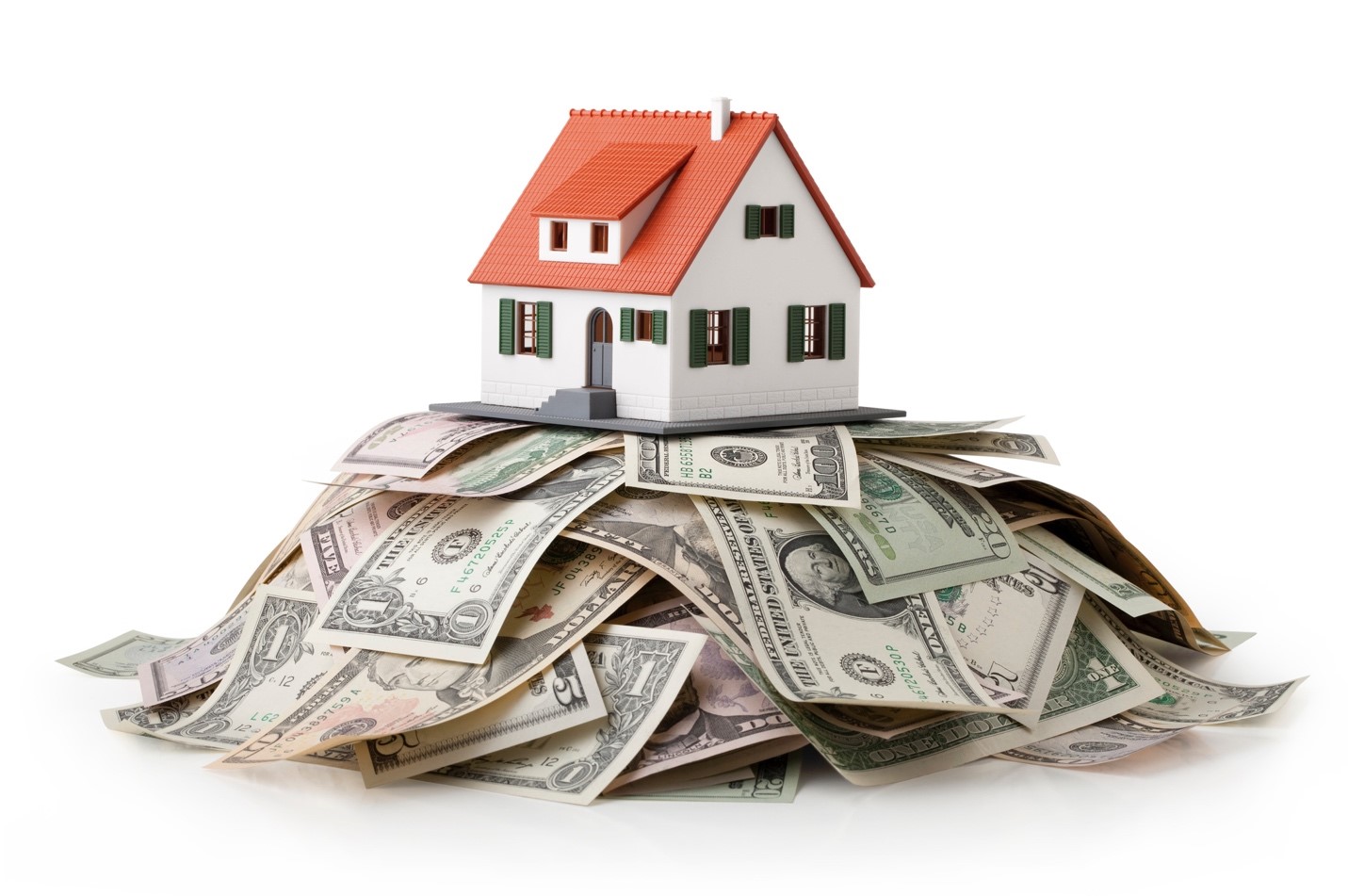
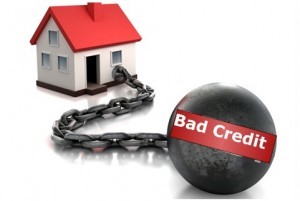
.jpeg)
.jpeg)
